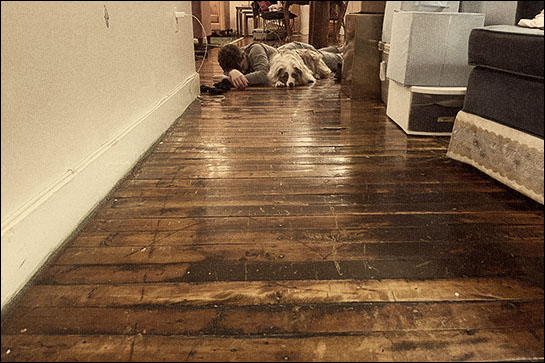
Surgical Ceramics by Beccy Ridsdel
Women who are really good at school think a great way to celebrate that is to go to medical school. People admire you! It’s great money! And there’s flexible hours for moms!
But this is what really happens to women who go into medicine: The majority will not work full-time after having children. And once that happens, their co-workers will treat them like crap and they will not make nearly enough money to put up with the stress of variable hours and disrespect.
Women physicians are mentally behind women in other professions. Instead of learning from women in other professions, female physicians think they they will have better outcomes because they worked so hard to control everything by:
- Considering family planning when selecting a specialty
- Specifically avoiding surgery, due to the lifestyle required of surgical trainees
- Planning pregnancies around training stage and timing of specialty exams
- Delaying childbearing despite age-related fertility pressure
But none of this matters because female doctors constantly underestimate the time constraints demanded by their profession.
Part-time schedules undermine the second spouse. The second spouse can’t stay home because there is not enough money. And that spouse cannot work full-time because full-time professional jobs — including full-time medical jobs — require full-time support at home. And women working full-time — especially doctors — don’t have that support.
Flexible hours disrupt family division of labor. When female doctors accept flexible schedules or a shortened work week the high pay can’t make up for the disorder. An office provides stimulation, guidance, and a sense of belonging, and at home professionals establish clear divisions of family labor. But “family-friendly” policies blur boundaries and home becomes the place in which there is too much to do in too little time — especially for reduced-hour physicians.

Part-time is a mirage at high levels. Law firms famously offered top women the option to go part-time, cut their salaries in half, and the women kept working long hours. The corollary in medicine is women who have sub-specialties work more than forty hours a week even when they are part-time.
People who are great at their work like to work full-time. Those who devote most of their time to work don’t want to work with people who are working part time. If someone makes work their highest priority why should they have to work with someone who does not make work their highest priority?
You might say that everyone should be working part-time in their work and part-time as parents. But a lot of people get pleasure from picking one thing and doing it really well. For example, full-time moms are way better at their job than part-time moms.
Quitting is healthier than going part-time. You, too, would be happier doing one thing well; when you work part-time and parent-part time you end up losing the identity you forged as a high performer at work and you create weak ties in the work arena and the parenting arena. Going part-time you don’t feel happiness from gaining flexility, you feel pain from losing the opportunity to be admired for doing something well.
Leaving work is a logical choice for women. Economist Claudia Goldin finds that from 1985 to 1995 only 30 percent of women who graduated college worked full-time when they had children. Since 1995, this group decreased their workforce participation.
This decrease in participation is due to an increase in social status. And the effect is worldwide.LH When women have more power they leave the workforce in favor of being at home.
Few men want to give necessary support for a full-time partner. Everyone has the option of working full-time and having children, but you must partner with someone who is capable and willing to stay at home full-time and provide the type of emotional and logistical support necessary for performing a high-paying full-time job. Few men are available because unlike women, men do not leave the workforce when they gain power.

If you care about money you should skip medical school. Remember how I told you that other professional women are decades ahead of you? Women applying to MBA programs understand that most will not be working full-time, and they understand the benefits of an MBA program are limited given their biological clock. Therefore women go to business school earlier than men, and schools have no choice but to accept women earlier or they won’t have any women.
Women applying to medical school should do the same sort of planning. If you don’t have a subspecialty you’re unlikely to work full-time after you have kids. If that’s the case, you’d be better off financially becoming a physician’s assistant instead of a doctor.
An MD is like a diamond ring — signifies a high-end passage to the next stage of life. As soon as women become the majority, salaries go down. Look at the legal profession. Women outnumbered men, salaries went down. The same pattern is already happening in medicine. Women are the majority of graduates, and in specialties where women dominate the pay rate plummets.
But there’s good news! Most women don’t go into medicine for the money. The money is nice, but you expect that you’ll have a spouse making money. Women go into medicine for the prestige. That’s why it’s so easy for them to plan from the outset to go part-time and not even crunch numbers to see if it’s worth it.
So maybe my first premise is wrong. No woman can make part-time work come out well. But doctors actually are different from the other women. Because a doctor holds on to the prestigious title no matter where she is, even if she stays home taking care of kids.









